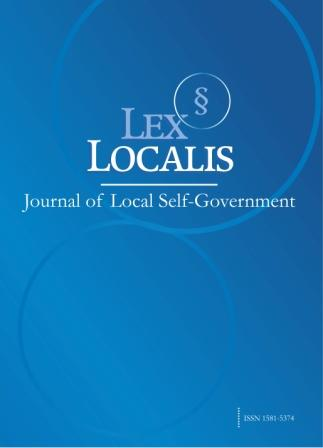Intellectual Property Policy Dilemmas of Generative AI in Employee Training: Ownership Definition and Legal Adaptability
DOI:
https://doi.org/10.52152/23.9.24-45(2025)Ključne besede:
Generative artificial intelligence; intellectual property rights; employee training; ownership attribution; legal framework adaptationPovzetek
This study looks at the issues with intellectual property policy that arise when generative AI is used in corporate training settings. When platforms, businesses, and employees work together to create content, ownership complexities are not sufficiently addressed by traditional legal frameworks. The study examines how local businesses deal with ownership uncertainties through contractual innovations and operational practices by comparing current copyright and service invention laws and using empirical case studies from Beijing, Shanghai, and Shenzhen. The analysis highlights basic flaws in the existing legal frameworks, which demand human authorship and are unable to handle the distributed contributions that come with AI-assisted content creation. These flaws result in regulatory gaps that put significant investments at risk of legal repercussions. While updating service invention laws to acknowledge "occupational intellectual outputs" beyond conventional technical accomplishments, the study suggests an integrated framework that makes use of China's Data Twenty Articles to create a three-tier rights architecture that includes data resource holding, processing, and operation rights. Using quantifiable contribution assessments across knowledge density, innovation degree, and application value dimensions, this framework presents a dynamic value distribution model. With the help of blockchain-based attribution systems and specialized dispute resolution procedures, the realistic implementation approach uses phased pilot programs in various industries and geographical areas. When AI increasingly mediates the production of organizational knowledge, the suggested framework provides policy tools for striking a balance between innovation incentives and stakeholder protection, laying the groundwork for more extensive intellectual property reforms.
Objavljeno
Številka
Rubrika
Licenca
Avtorske pravice (c) 2025 Lex localis - Journal of Local Self-Government

To delo je licencirano pod Creative Commons Priznanje avtorstva-Nekomercialno-Brez predelav 4.0 mednarodno licenco.







